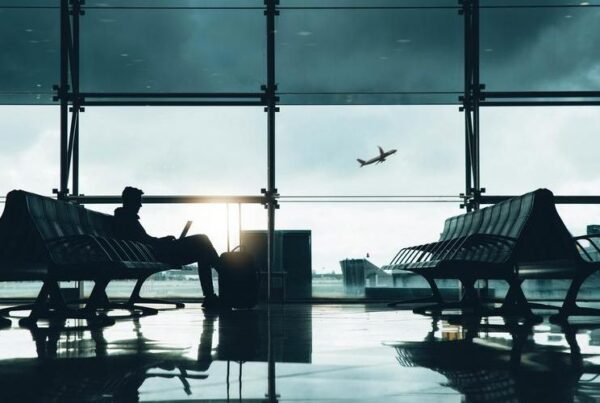Even the most meticulously planned trips can unravel without warning, whether that is due to airline strikes, extreme weather, or cancellations. While travel insurance is designed to cushion the blow, the timing of a policy purchase can determine whether travellers are actually covered.
Only unforeseeable events are generally covered. Most insurers require that disruptive events, such as strikes, occur after the policy is purchased. If the strike was already announced, it is likely excluded. Many insurers also tie protection to when the first payment for a trip is made, whether that is flights, accommodation, or deposits. Buying insurance within a set timeframe from that initial deposit can unlock further benefits, including “cancel for any reason” options.
Travellers are also reminded that known events are usually excluded. A policy will not cover strike action or a storm if it is purchased after the event has already been widely reported.
Air Canada Strike (August 2025)
The recent cabin‑crew strike on Air Canada disrupted hundreds of thousands of passengers worldwide. Australians affected learned the hard way, policies purchased before the strike’s announcement in mid‑August might qualify, but new policies taken out after that would likely be excluded. It’s a critical illustration of timing in action.
Severe Weather at Sydney Airport (July 2025)
When a severe weather system grounded over 140 flights at Sydney Airport, many travellers scrambled to buy insurance. But as Natalie Ball from CompareTravelInsurance.com.au warns: “Travel insurance typically only covers unforeseen events. Travellers who panic‑bought their policies […] after the storm became widely reported are unlikely to be covered.”
COVID-19 Outbreak in China
In a dispute mediated at Singapore’s FIDReC tribunal, travellers Simon and Cindy were denied claims because their insurance was bought after travel advisories focused on Wuhan. The insurer pointed out that COVID-19 was already a known risk by their purchase time—not an unforeseen event—and settled only a goodwill refund.
Cancellations and Paperwork Nightmare
Lee Aubry’s luxurious African tour collapsed after a United Airlines cancellation. Despite having insurance, her claim was heavily limited because the paperwork classified her loss as a “missed connection” rather than a full cancellation—entitling her to just $1,000 rather than covering the full non-refundable cost. It underscores that even with timing, precise documentation matters.
These cases highlight the importance of when a policy is purchased. Travel insurers generally exclude claims linked to events that were already public knowledge at the time of purchase, meaning the timing of cover is often decisive in whether a claim succeeds.









